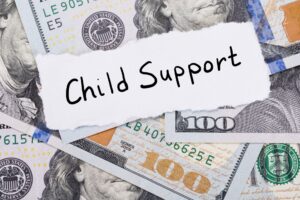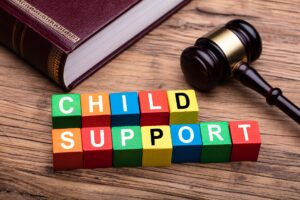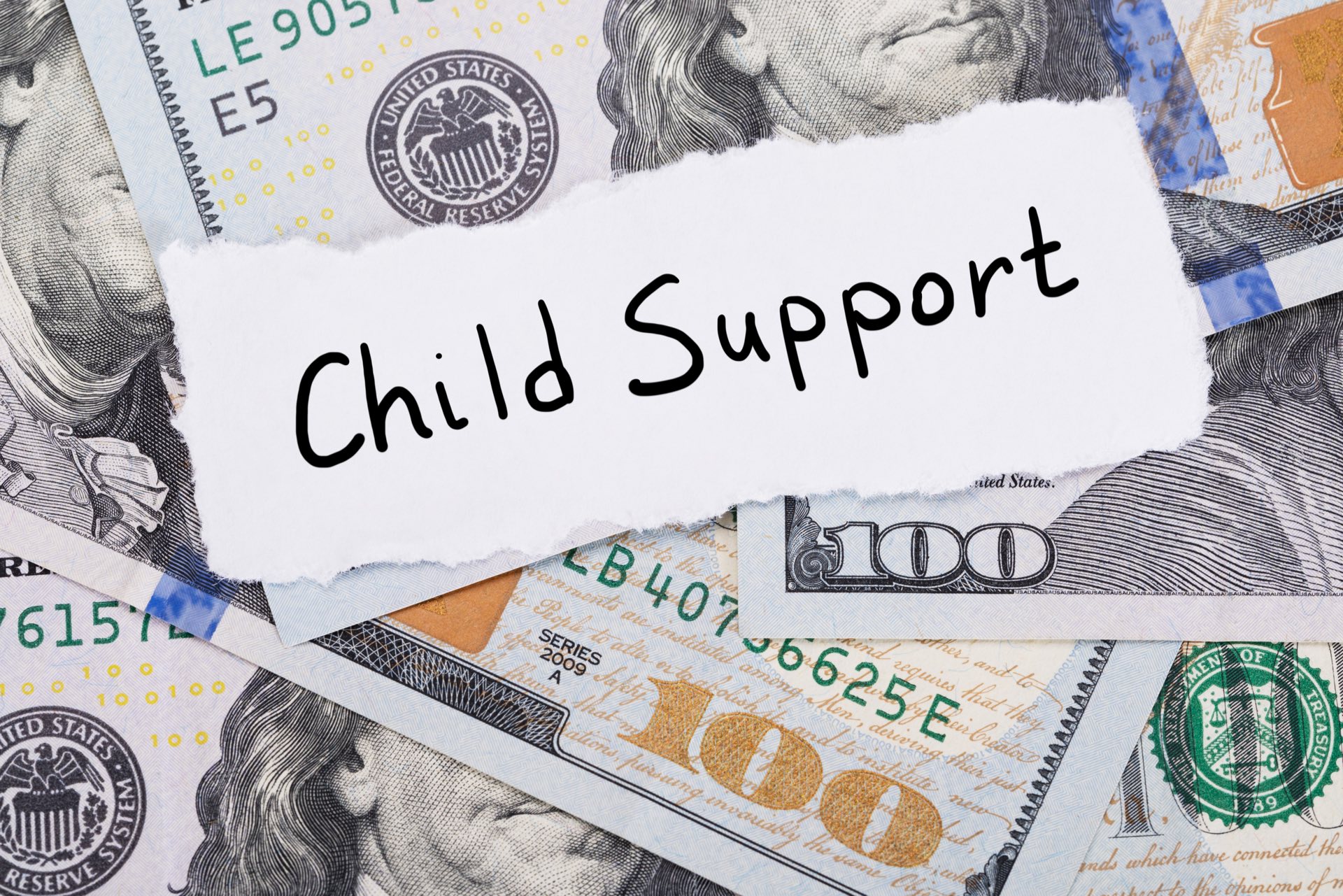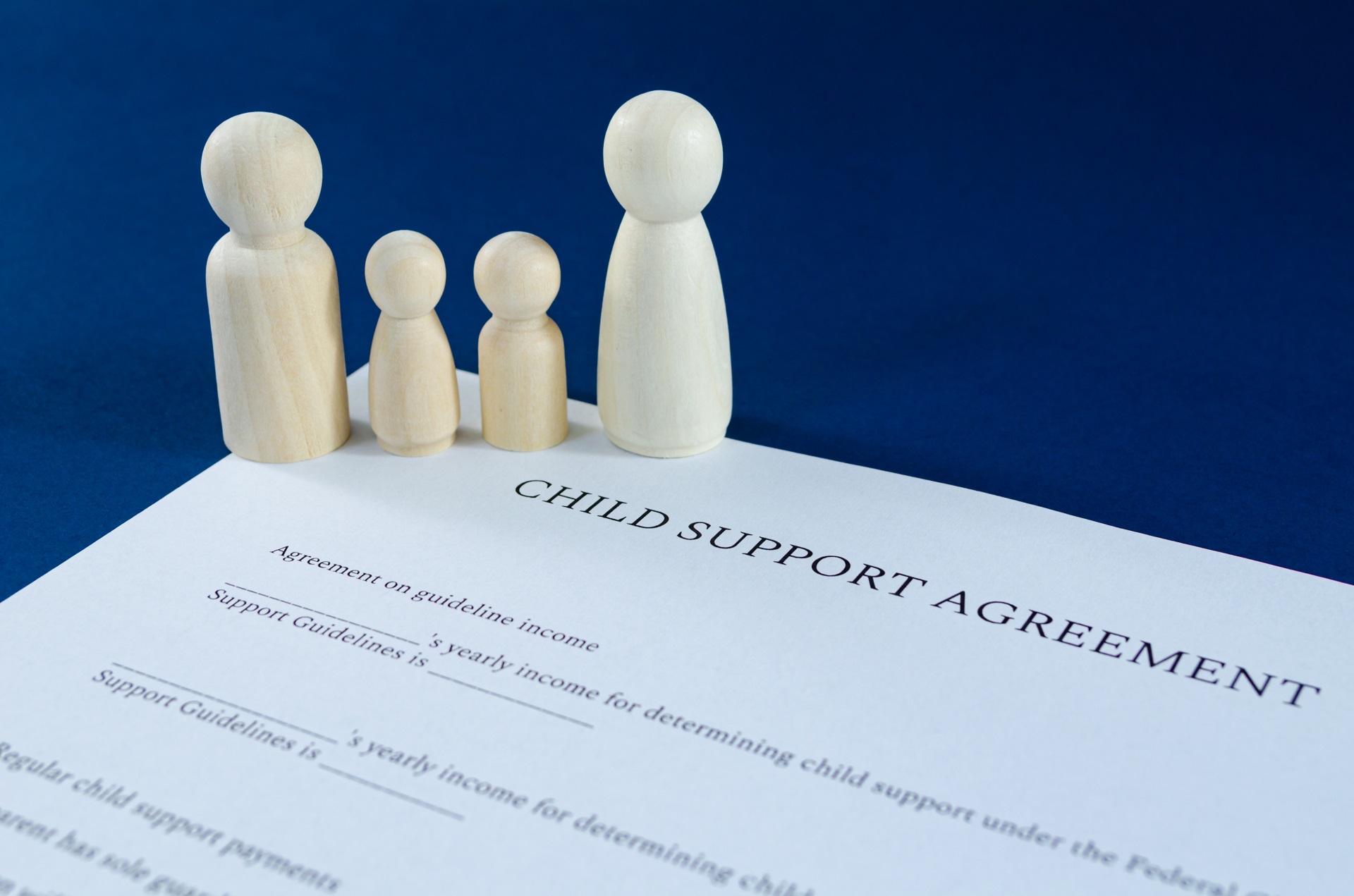Child custody is one of the most challenging and emotional aspects of a divorce or separation. Joint custody is one option that allows both parents to share the physical and legal custody of their child. A question that often arises in joint custody cases is whether child support payments are still necessary. This article will explore the fundamentals of joint custody and child support, as well as the interactions between the two.
What is Joint Custody?
Joint custody, also known as shared custody, is an arrangement in which both parents share the physical and legal custody of their child. This means that the child spends time with both parents, and both parents have a say in major decisions such as education, healthcare, and religion. Joint custody is often seen as the most beneficial arrangement for children of divorce because it allows them to have a close relationship with both parents.
What is Child Support?
Child support is a payment made by one parent to the other to provide financial support for their child. The amount of child support is typically calculated based on the income of the parent who will be paying it and the needs of the child. Child support is designed to ensure that the child’s basic needs are met, such as food, clothing, and shelter.
Do You Still Pay Child Support with Joint Custody?
The short answer is yes. Child support payments may still be necessary with joint custody. Although both parents share physical custody, one parent may still be responsible for paying child support. The amount of child support may be based on the income of each parent, the amount of time each parent spends with the child, and other factors such as healthcare costs and childcare expenses.
Interactions between Joint Custody and Child Support
In a joint custody arrangement, the court will typically calculate child support based on the income of both parents and the amount of time each parent spends with the child. If both parents have relatively equal incomes and spend equal amounts of time with the child, then child support payments may not be necessary at all. However, if one parent earns significantly more than the other or has the child for less time, they may be required to pay child support to the other parent.
It is important to note that child support payments may still be necessary even if both parents have joint custody. This is because child support is based on the needs of the child, which may include expenses such as healthcare and education. If one parent is responsible for paying these expenses, then the other parent may be required to pay child support to help cover these costs.







